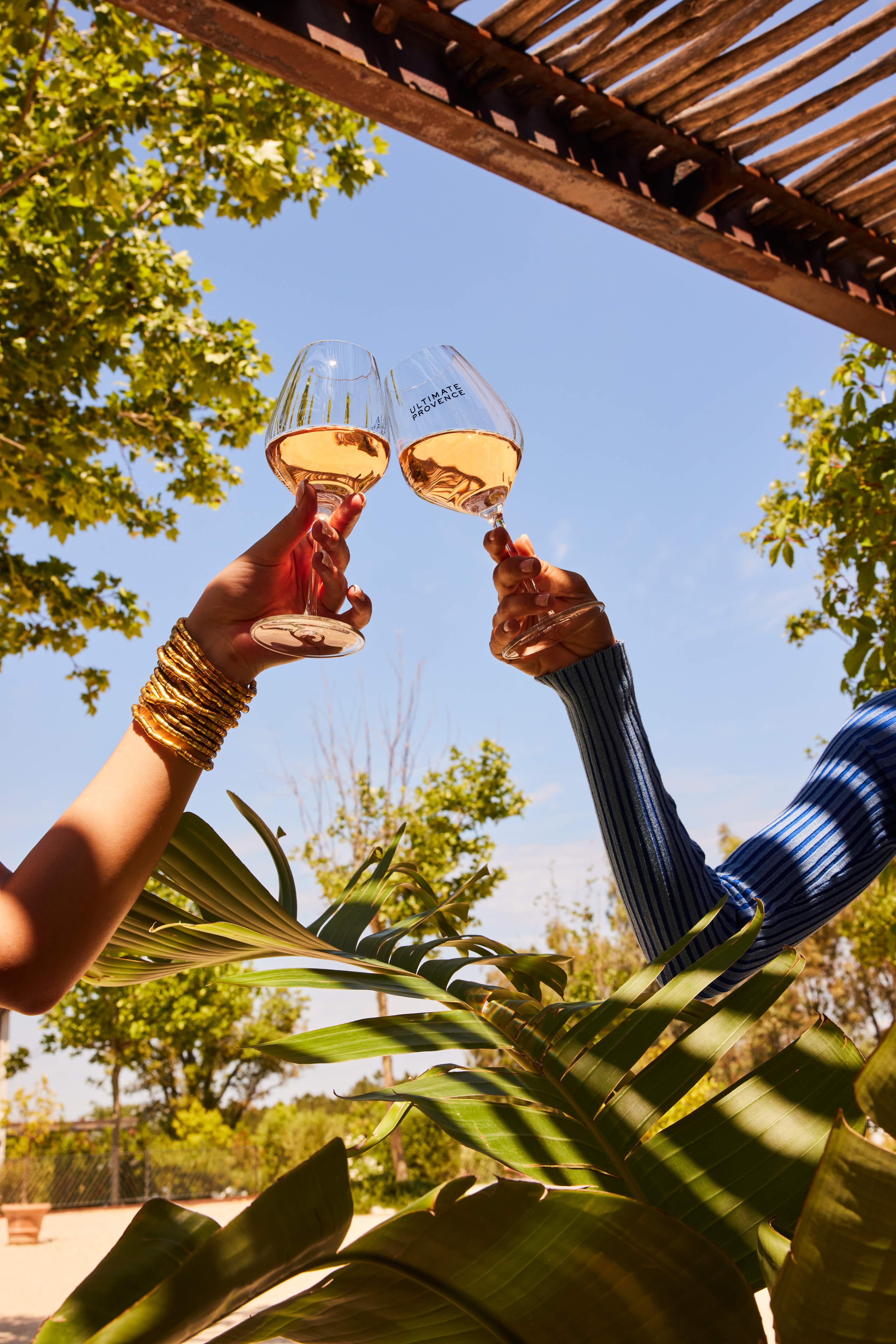In the heart of a lush nature, between lavender fields, olive trees and songs of cicadas, the Provence vineyard expresses all its complexity and makes it possible to produce unique wines. Let's go to meet the Provence wine region and all its secrets.
The history of the Provence vineyard
The Provence wine region is one of the oldest vineyards in France. With a rich and intense history, it today makes it possible to produce great world -known wines.
The Vineyards of Provence at the origin of the vineyards of France
If the vine has been installed on the land of Provence for 2,600 years, it is in the 2nd century BC that viticulture will extend. The Foundation of Provincial Romana (Provence) by the Romans and the expansion of the Roman Empire will then allow the culture of the vineyard to develop: first the Rhône valley, then Beaujolais, Bordelais, Burgundy ...
Finally, all Viticultural regions of France are more or less directly from the Provençal vineyard.
The influence of nobles and monks
The Provencal viticulture will collapse during the fall of the Roman Empire. It will be necessary to wait for the Middle Ages, and the hard work of the monks, to see the vineyard of Provence is reborn. From the 5th century, abbeys then produced wine in order to market it, and thus finance religious orders.
In the 14th century, the nobles took control of the wine estates, and form the beginnings of Modern Provençal vineyard.
The beginnings of modern viticulture
Despite the phylloxera crisis in 1880, the Provençal vineyard was able to rebuild itself thanks to the transplant of French plans on American plants. the Provence vineyard Then becomes an intensive wine production land that will tarnish the image of the region.
The Provencal winegrowers Then decide to divert this bad reputation by creating a cooperative movement where know-how is honored. They then gradually manage to prove to the whole world that the Provencal terroir is capable of producing exceptional wines.
The geography of the Provençal vineyard
Extended on 27,000 hectares of vineyards, the Provence wine region Take advantage of a terroir particularly conducive to viticulture and the vinification of exceptional wines.
The large extent of Provencal vineyards Allows the region to take advantage of two very distinct geographic sets. On the one hand, the crystalline soil between Cannes and Saint-Tropez, but also at the Moors massif and the Tanneron massif. On the other hand, a limestone soil of the Verdon gorges or the Sainte-Victoire mountain.
These poor floors are then very appreciated by the vines, which are easily developed, taking advantage of the sunshine, the heat, the dry wind (Mistral) and the interesting rainfall of the Mediterranean climate.
Running in Provence
Provence takes advantage of diverse terroirs, which allow you to grow very different grape varieties. We then have a dozen Red and white grape varieties that make it possible to manufacture Provencal designation wines.
Red grape varieties of Provence
the Red Wine of Provence and the Rosé wine from Provence are vinified from several red grape varieties, mainly used in assembly. There are then 7 main red grape varieties:
- The syrah : this red grape variety gives colorful and powerful wines, with spice aromas;
- the black grenache : very present for the assembly of the red wine hillsides of Aix-en-Provence, this black grape variety gives aromas of black fruit and red fruits and allows you to develop childcare wines;
- the cinsault : This red grape variety is used for the manufacture of pink wines. It then gives fruity and fresh wines, with aromas of raspberry, strawberry and fishing;
- the tibouren : Provencal grape variety par excellence, Tibouren gives flexible red wines, and fruity and spicy pink wines;
- the Mourvèdre : This grape variety offers carpence wines, with notes of blackberry and violet. As we get older, we find aromas of cinnamon and spices;
- the Carignan : offering very colorful wines, this grape variety brings aromas of black cherry, pepper, blackberry and violet;
- the Cabernet Sauvignon : Little present in the Viticultural region of Provence, this grape variety with blackcurrant aromas and green pepper makes it possible to produce excellent guard wines, thanks to its tannins and its power.
The white grape varieties of Provence
If rosé wine makes the reputation of Provence, the region also produces white wine, made from different White grape varieties.
- the rolle, or Vermentino: this white grape variety gives aromatic wines, with notes of white fruit, grapefruit, flowers and fennel;
- L'White UGNI : This grape variety offers a nervous, sometimes acidic wine. Used in assembly, it brings freshness;
- The clear : the wines from this Provencal grape are fresh, slightly acidic, with aromas of linden and apple;
- the semillon : used in assembly, this white grape variety provides notes of white flowers and honey;
- the bourboulenc : Little aromatic, the wine produced from this grape variety offers aromas of flowers and exotic fruits.
The appellations of Provence
The Provence wine region Mostly produced pink wines, but also white wines and yellow wines spread over 9 appellations:
- AOC Bandol;
- AOC Bellet;
- AOC Cassis;
- AOC Coteaux d'Aix-en-Provence;
- AOC Coteaux-de-Pierrevert;
- AOC Coteaux Varois-en-Provence;
- AOC Côtes-de-Provence;
- AOC Baux-de-Provence;
- AOC Palette.
Passing through Provence? Take advantage of your trip on the wine route to come and discover the Rosés de Provence winesfrom Berne Castle.









